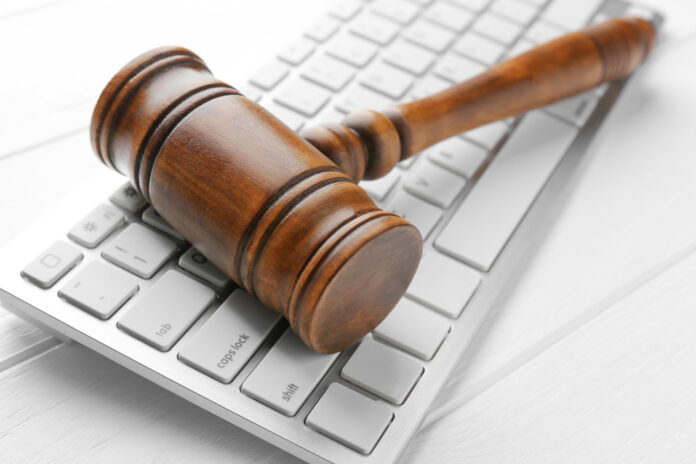One of the biggest icons of national rap, singer-songwriter Gabriel O Pensador joined a lawsuit in Rio de Janeiro against two of the country's main e-commerce platforms, Mercado Livre and Shopee, as well as seven other virtual stores. The dispute revolves around the unauthorized use of excerpts of the song “Up to When” in products such as t-shirts, paintings and decoration items. Launched in 1993, it has become one of the most emblematic songs of Brazilian rap.
When a song becomes a hit and conquers the popular imagination, it is common for entrepreneurs to see in it an opportunity to profit. However, this movement does not always respect the copyright and image of artists. This is precisely where legal risks and the warning point for those who sell without authorization arise.
According to Luiz Fernando Plastino, Barcellos Tucunduva Advogados (BTLAW) lawyer and Intellectual Property specialist, the Copyright Law prohibits the use of intellectual works, except by authorization or in specific situations, called copyright limitations, in which the use is not an infringement. “The reproduction of excerpts of a song in products may be prohibited by law if the reproduction is not limited to small excerpts and provided that it is not the main attribute of the product or causes unjustified damage to the author or owner of the music”, he explains.
In the vision of Kevin de Sousa, civil lawyer and master in Personality Law, partner at Sousa & Rosa Advogados, the legal protection of the Brazilian artist is theoretically solid, but practically challenging, combining article 20 of the Civil Code that protects image and honor 24 with the moral rights of article 24 of Law 9.610/98, creating a double shield.
“I see three fundamental pillars here: first, the right to integrity of the work, which prevents its misrepresentation; second, the right to paternity, ensuring the recognition of authorship; third, protection against unauthorized commercial use that distorts the original context”, he argues.
In addition, the misuse of artistic works, such as the rapper's, goes beyond the financial aspect. “Particularly relevant in the case of Gabriel O Pensador, when a work of social protest becomes a T-shirt print without context, it reaches not only the pocket of the artist, but his creative identity and political message”, defends the lawyer.
Platform accountability
The Federal Supreme Court (STF) recently ruled that digital platforms, such as marketplaces, can be held liable for illegal content published by third parties, even without a court decision, depending on the case. This decision changes the understanding that was valid before, according to which these companies could only be held liable if they breached a court order. Now, the STF understands that this rule does not account for protecting the rights of people on the internet, especially in more serious situations.
“In addition, if the platform is notified and does not take any action, or if it is profiting from these products, directly or indirectly, it can be held responsible for the damage caused to the artist”, he warns Victoria Dias, lawyer at Ambiel Bonilha Advogados and specialist in Entertainment and Intellectual Property Law.
“O STF also made clear that platforms need to have moderation rules, reporting channels that work for real and transparency reports.If they do not have these mechanisms, this also weighs against them at the time of an eventual” accountability, adds the lawyer.


